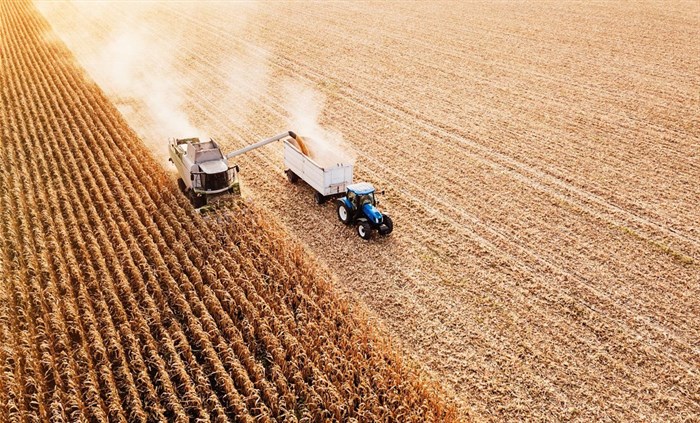South African farmers are among the business owners who are often hardest hit by the compounding pressures of domestic economic challenges and global economic unrest. Among other issues, persistent load-shedding, rising petrol prices and unprecedented increases in electricity costs have created a climate that is rife with uncertainty. According to Dawie Maree, head of information and marketing at FNB Agribusiness, for local farmers, the impact of these issues is exacerbated by an uncertain global geopolitical climate that sent fertiliser prices soaring in recent years, illustrating the domino effect of international tensions on local agriculture.
"In an economic environment burdened by international and domestic adversities, farmers in South Africa continue to face a precarious situation,” Maree explains, “and the steadily rising prices of essential farming inputs, like seeds, fertiliser, electricity and fuel in particular, is putting significant and mounting strain on many agricultural operations."
Impact of elevated input costs
Maree says that, while all farmers are faced with these input cost challenges, the poultry, grain, and summer fruit sectors, which are some of the largest farming sectors in the SA industry, have found themselves particularly vulnerable to steep cost increases. Irrigation-dependent farmers are feeling the pinch even more acutely due to the costs associated with powering irrigation machinery steadily climbing. Not to mention the auxiliary costs like labour, pest control, transport to markets, and packaging – all of which add to the growing financial burden.
Maree emphasises that livestock farmers have also not been immune to rising input costs, with the price tags attached to feed and medication increasing incrementally in recent years.
He points out that the impact of these elevated input costs is evident in the financial data for the South African farming sector. "The Producer Price Index (PPI) for agriculture stood at an alarming 6.3% in December 2023, with the annual figure for last year not far behind at 6.9%," he says, "and when you consider that this comes on the back of an already high inflation base, for example, a 40% jump in fertiliser costs alone in 2022, the pressure on margins for farmers is clear, and it remains elevated."
Hope on the horizon for local farmers
However, Maree highlights that it’s not all doom and gloom. He says there are a few glimmers of hope on the horizon for local farmers. "The rate of increases in fertiliser prices is expected to trend downward in 2024 and beyond, although current crops are still affected by the prior hikes," he explains, "and good crop yields are anticipated for the third year in a row', which is positive news for farmers facing a profit margin squeeze".
That said, he highlights that as market prices trend downward in the coming months, which is likely to be the case, higher yields become imperative to compensate for the lower prices. "To navigate these turbulent times, farmers must concentrate on the aspects of their businesses that are within their control, including striving for higher productivity levels, better efficiencies, and economies of scale," Maree says.
He also points to long-term planning as a business sustainability imperative for farmers. "Long-term planning is essential, especially considering the recent prosperous years characterised by high yields and favourable prices," he explains, "however, these conditions are not guaranteed to persist, which makes it vitally important for farmers to prepare themselves for the possibility that tougher years may lie ahead."
Maree is optimistic about the future of SA farmers, whose resilience and innovation are widely recognised. "Most farmers know that, even in the toughest environment, growth is possible," he concludes, "and by focusing on efficiency, productivity, and having a long-term strategy, farmers will be planting the seeds for a sustainable future, irrespective of the challenges that future brings."




























